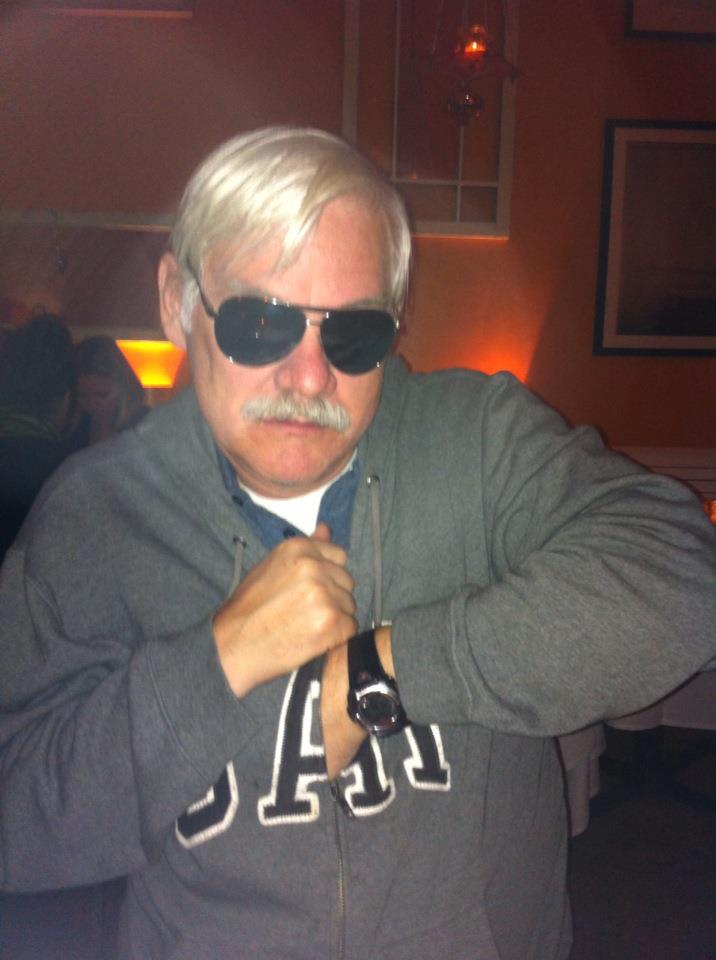Cuba has been instrumental in the liberation and defense of other African nations as well such as Namibia, Zimbabwe and others. Despite American and South African aggressions against the established governments of those free nations, as well as their last illegal attack on Angola in 1987, the Cuban military strategy of minimal casualties and maximum damage never wavered and never failed.
Â
At the subsequent four-party Peace Accords for Southwestern Africa, signed by South Africa, Angola, and Cuba, with the US being both arbitrator and South African proponent, at the UN headquarters in December, 1988, it was the end of the illegal, foreign interventions by South Africa and the beginning of a more peaceful era.
Â
And through the years, the struggles, the battles of independence and the fight against foreign intervention of sovereign nations, not one case of torture or abuse of any POW held by Cuba has ever been recorded. There is not one mention of any mistreatment or harm set upon anyone who fell into Cuban hands, regardless of the circumstances and of the intensity of the moment. The tradition of respect for international law begun by the Cuban revolutionaries in 1958 continued throughout their years in Africa.
Â
Cuba� �� � s victories were real and complete. They helped liberate and defend many African countries from the colonies that once dominated and enslaved them. They followed all conventions and all international laws in their military strategies and held high the dignity and sanctity of the human on both sides of the battle. They sent not only soldiers, but doctors, teachers, medicine and humanitarian aid. They saw their mission as more than just the liberation of an enslaved people, but the improvement of their living conditions. And the Cubans who went to fight were all volunteers, never conscripted. President Fidel would have it no other way.
(Note: You can view every article as one long page if you sign up as an Advocate Member, or higher).





